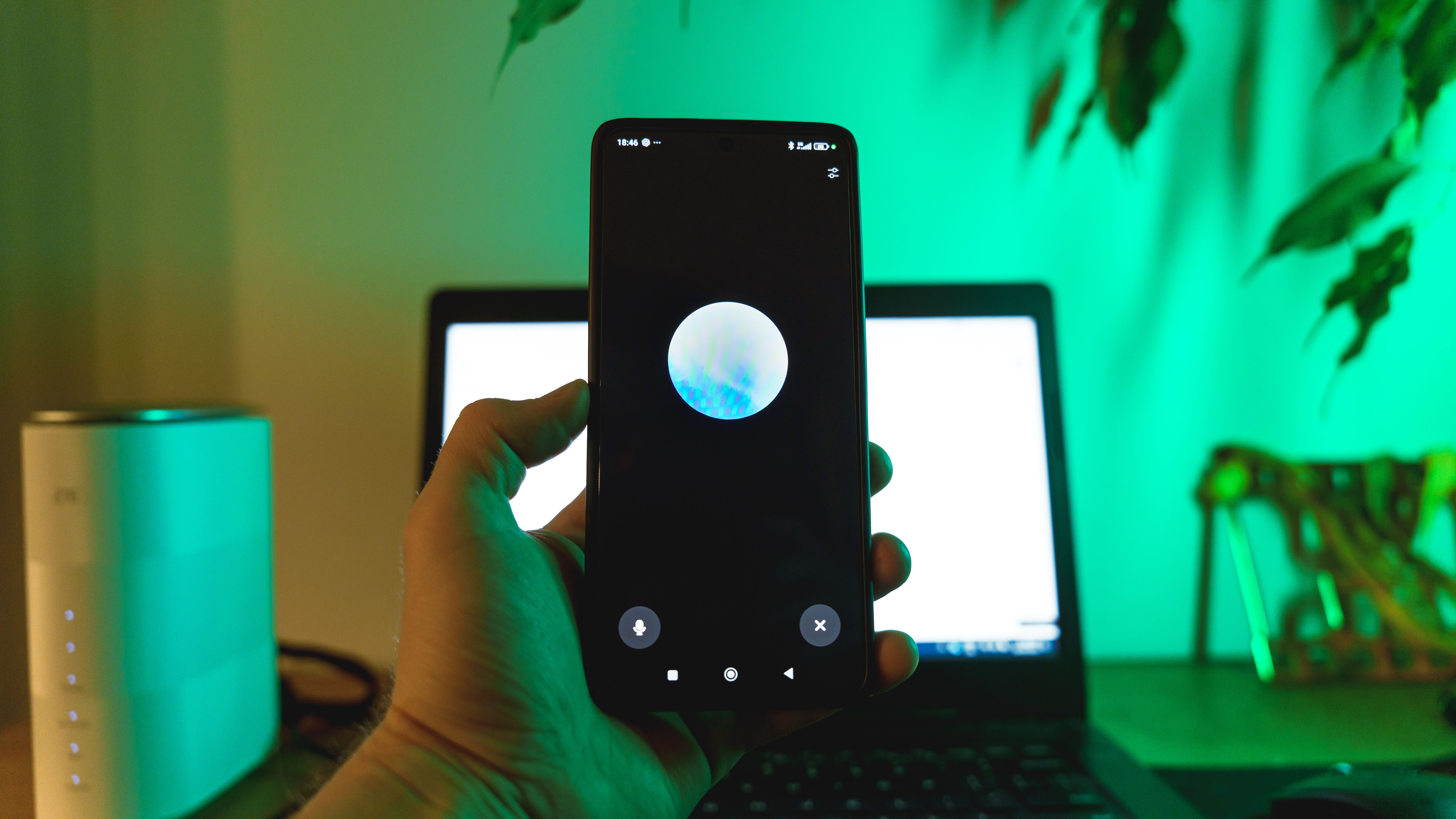Developer Offer
Try ImaginePro API with 50 Free Credits
Build and ship AI-powered visuals with Midjourney, Flux, and more — free credits refresh every month.
ChatGPTs Voice Change Sparks User Backlash
 (Image credit: Shutterstock/Rokas Tenys)
(Image credit: Shutterstock/Rokas Tenys)
OpenAI has announced a significant change that is causing a stir among its user base: the voice many have grown accustomed to on ChatGPT is being retired. Starting September 9, the original "Standard" voice mode will be replaced entirely by the "Advanced" voice mode, which will be rebranded simply as "ChatGPT Voice."
While the company positions this as an upgrade to a faster and more expressive system, not all users are ready to say goodbye to the familiar, calming tone they've come to rely on.
The End of an Era for ChatGPTs Voice
The original "Standard" voice, introduced in 2023, operated on a straightforward process. A user would speak, the input was transcribed, a response was generated by the GPT model, and then a neutral synthetic voice would read it back.
In contrast, the Advanced Voice Mode, first released to a limited audience last year, is designed to be more dynamic. It aims to respond faster with a more human-like tone and cadence, creating a more fluid conversational experience. However, this technical advancement is being met with significant resistance from a vocal segment of the ChatGPT community.
User Backlash A Matter of Tone and Comfort
Many users feel the new voice is a step backward in terms of user experience. The primary complaint centers on the personality, or lack thereof, of the Advanced voice. One user on an OpenAI forum post described the original as having a "warmth, depth, and natural connection that the advanced voice simply doesn’t match," calling the new version "robotic and detached."
This sentiment is echoed across platforms. A Reddit user lamented that the Standard voice was "thoughtful" and "comforting," while the Advanced voice "always sounds like they’re trying to rush through a mediocre response." The speed of the new voice, intended as an improvement, is being perceived by some as rushed and disengaging.
More Than Just a Voice A Functional Shift
Beyond the aesthetic and emotional connection, users have identified a key functional difference that is causing frustration. The Advanced Voice Mode integrates transcription, AI response, and vocal expression into a single real-time process. This means it doesn't always read the written response verbatim. Instead, it might paraphrase, skip phrases, or condense ideas to sound more conversational.
While technically sophisticated, this change is not what some users want. "The Standard voice would literally read out the exact response that ChatGPT would normally give you," explained one user in a discussion on Reddit. "But this new one? It sounds like it's paraphrasing... It skips over the little details and makes the whole conversation feel way more disconnected."
Will the Original Voice Return
This user backlash highlights a common trend in technology where upgrades are not universally seen as improvements. Of course, not everyone dislikes the new voice; some appreciate its speed and realism. OpenAI has also promised further improvements are on the way.
However, given the strength of the user feedback, there's a possibility the decision isn't final. The company has previously responded to user complaints, such as when it brought back the popular GPT-4o model after initial backlash to its removal. For the many users who miss the calm and thoughtful cadence of the original, they can only hope that the Standard Voice Mode might one day stage a similar comeback.
Compare Plans & Pricing
Find the plan that matches your workload and unlock full access to ImaginePro.
| Plan | Price | Highlights |
|---|---|---|
| Standard | $8 / month |
|
| Premium | $20 / month |
|
Need custom terms? Talk to us to tailor credits, rate limits, or deployment options.
View All Pricing Details

